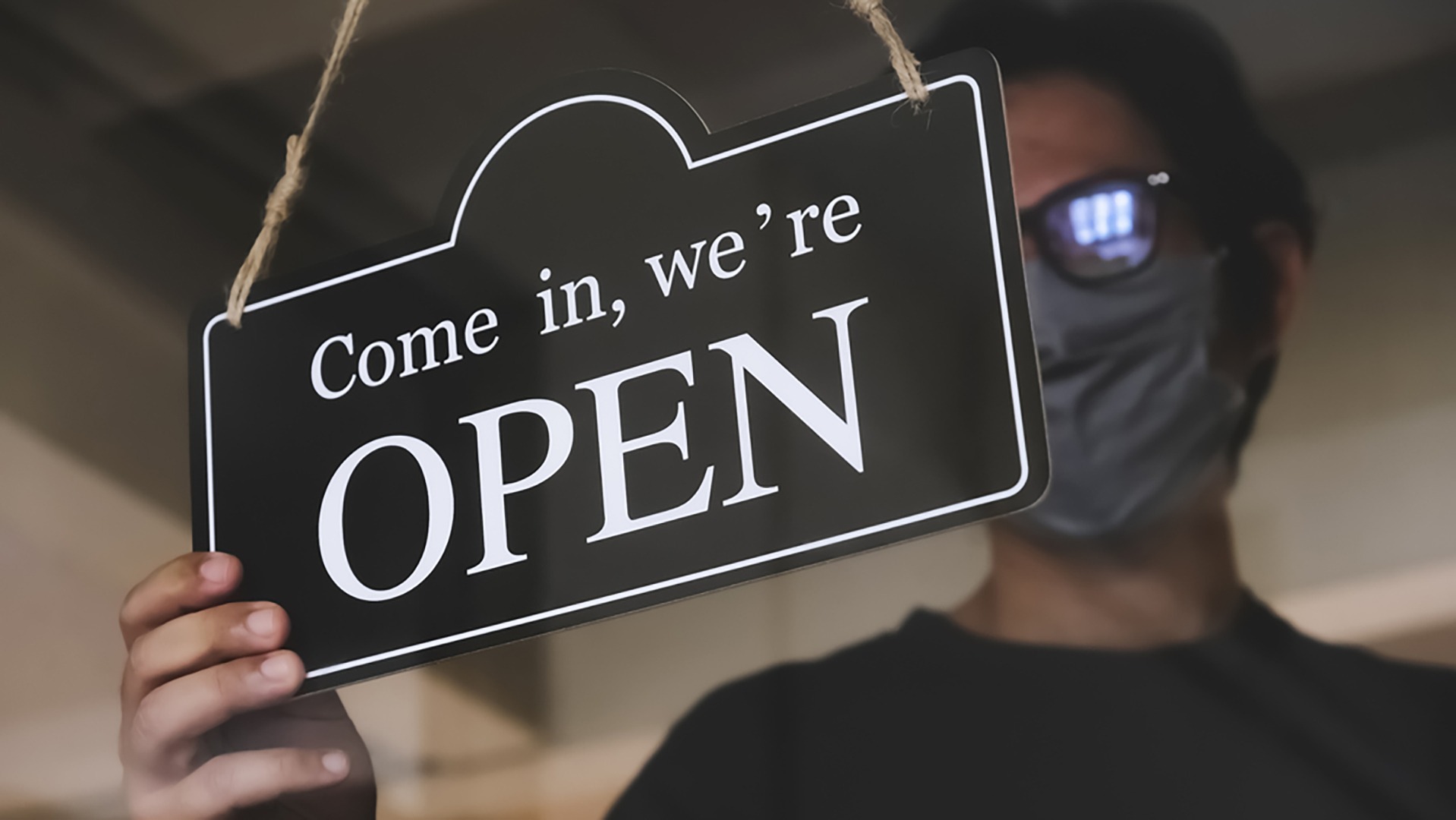Select a Category

Preparing your business for return after lockdown 2.0
As we enter the second national lockdown to mitigate the spread of Covid-19, non-essential businesses have been instructed to close shop for four weeks as the countdown for Christmas begins. As businesses prepare for their return after the lockdown, refreshing your supplier list may be your next task. It may be the case that your existing supplier may no longer be able to fulfil your order due to insolvency or as a result of product unavailability.
Your decision to pick a supplier from a selection of vendors should be influenced by due diligence checks revealing the characteristics of the business and indicating the probability of insolvency. If the service provider in question is subject to legal action from outstanding creditors, this could reflect on the poor treatment of creditors which could hinder the financial position of your business. If the business is tainted by a historic track record, act with caution and monitor the health of the supplier to foresee any risks to your company, writes Julian Pitts, North East Regional Managing Partner at Begbies Traynor.
How can poor due diligence impact your business?
If you fail to conduct adequate due diligence prior to signing a contract with a new supplier, this could eventually lead to a financial loss, adversely impacting the flow of resources running into your business. If your supplier is unable to fulfil your order, this could impair your ability to maintain your business and ensure smooth service delivery. Due diligence is typically carried out by both responsible parties to ensure that no unexpected bumps are experienced during the trading journey, with a focus on the financial position of the business.
If your supplier is running low on cash and no longer has the necessary funds to replenish stock, maintain business operations and employ staff, the position of creditors may be at risk. Depending on the value of your trade with the supplier and the immediacy of impending orders, carrying out enough due diligence to match the order value can help mitigate unforeseeable circumstances by identifying suppliers in extreme financial difficulty. Due diligence has the power to reduce the level of risk posed to your business, helping protect your financial position.
Carrying out due diligence checks on new suppliers
The extent of due diligence checks that you carry out will be dependent on the level of risk your business would be exposed to in the event of the supplier failing. Due diligence consists of carrying out the relevant checks to confirm the legitimacy of the supplier and their financial position. If the supplier is involved in unlawful activity, you can demonstrate that you have taken the necessary steps within your power to investigate the supplier.
Companies House – The Companies House register is a public domain which houses business registrations on limited companies based in the UK. You can access details on the suppliers registered office address, director details and company accounts. If there are any discrepancies between this information and the information on the website, alarm bells should ring. Limited companies are legally bound to display their registered office address on their website. Company accounts will show funds coming in and out of the business, indicating if the business is running out of cash.
Due diligence software – Depending on the size of your business, you may decide to use intelligent data-driven software to populate financial information on the supplier. Risk management platforms as such can provide a window into the financial history of the business, allowing you to set credit monitoring alerts. Software as such will typically provide a health rating through a flag system and populate information in relation to legal action, such as a County Court Judgment (CCJ) or Winding Up Petition. According to Red Flag Alert, 56% of companies with three red flags will cease to trade within seven days, helping you to predict company insolvency.
Word of mouth – A quick online search can help scour the web for mentions of the supplier, both positive and negative. Review sites typically show credible feedback from customers, including suggestions on how the service can be improved. If you read comments referring to recent unfulfilled orders, this may raise a red flag. Social media is a powerful platform which consists of transparent commentary from a variety of customers, providing an appropriate due diligence starting point.
Due diligence can protect you putting your trust into illegitimate parties and banish the likelihood of accumulating bad debt from suppliers. If a supplier is open about their unstable financial situation and you decide to stay put, it is vital to request guarantees, as without doing so, your business could be pushed into decline. The process of carrying out due diligence will vary for each business, however, failing to do so could jeopardise your future and your financial success.


